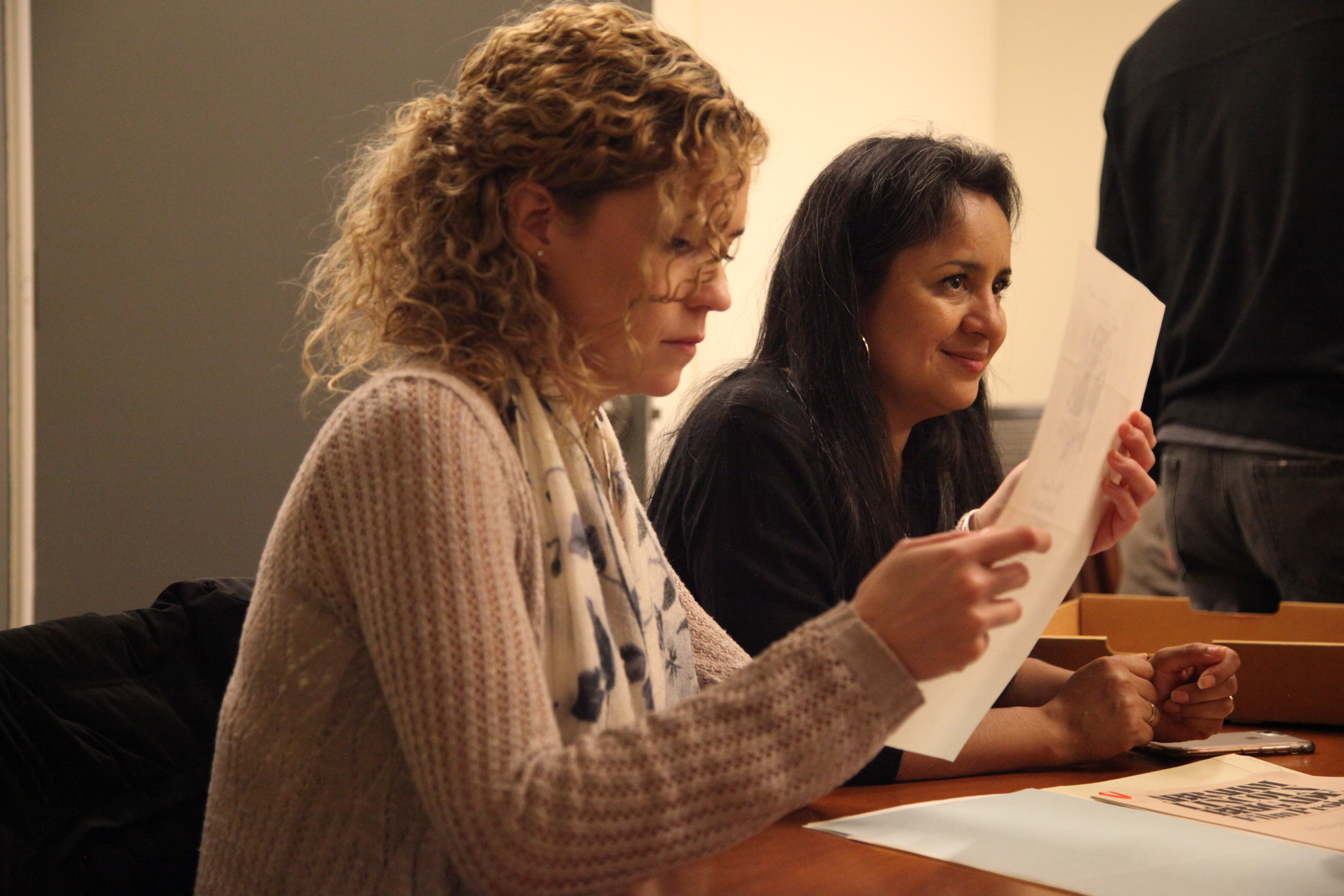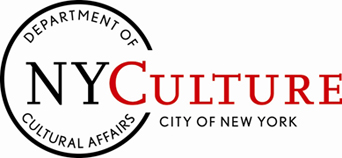Back in School: ALBA’s New York Institute Considers Crucial Questions
 Reflecting a growing interest among Americans about the history of fascism and anti-fascism, and resulting struggles for the rights of citizens and civilians in wartime, ALBA launched a three-day symposium for high school teachers of New York City to explore these themes using primary sources that remain accessible and challenging for their students.
Reflecting a growing interest among Americans about the history of fascism and anti-fascism, and resulting struggles for the rights of citizens and civilians in wartime, ALBA launched a three-day symposium for high school teachers of New York City to explore these themes using primary sources that remain accessible and challenging for their students.
With the welcome mat out, over 30 teachers of social studies, Spanish language, and literary arts enrolled in a series of seminars spread over two weekends in May, led by Professor James Fernandez of New York University, Peter N. Carroll, and ALBA Board Chair Fraser Ottanelli. This program was supported, in part, by public funds from the New York City Department of Cultural Affairs in partnership with the City Council.
Among the major topics were two questions: Who were the first Americans to recognize fascism as a threat? Why did it take so long for Americans to form a consensus about this threat?
In answering these questions, ALBA introduced teachers to key documents including President Franklin D. Roosevelt’s so-called “Quarantine speech” of 1937; the response by major newspaper editorials; an essay by radio priest, Father Charles Coughlin; letters from U.S. volunteers in the Lincoln Brigade; and radio broadcasts by FDR and the America First spokesman Charles Lindbergh.
Continuing the story through World War II and its aftermath, the Teaching Institute addressed the Nuremberg Tribunals, the United Nations Declaration of Human Rights and the postwar struggles for civil rights, resistance to McCarthyism, and the anti-war movement of the 1960s, including historian Robert Colodny’s (a Lincoln vet) pamphlet Spain and Vietnam, first published by the Veterans of the Abraham Lincoln Brigade.
Underlying all these issues is the current political climate that the teachers said affects how they and their students view the world. Questions involving the rights of refugees, for example, exhibit common themes whether the uprooted peoples are Spaniards in 1939, Jews in Europe during World War II and the Holocaust, or victims of bombings in the Middle East today. By placing the Spanish Civil War in the context of such broad themes, ALBA’s seminars emphasize the importance of educating students and citizens everywhere about basic human rights.
Most satisfying are the responses of ALBA’s alumni, the teachers who are eager to study these subjects—indeed, many of our teachers this year had attended earlier institutes—and to bring these lessons into their own classrooms in the boroughs of New York.
Teacher Testimonies:
“This is a highly unusual opportunity to have such a respectful, historical organization take interest in improving areas of our education that otherwise may not be addressed with such resourcefulness and knowledge” –NYC High School Teacher of Spanish Language and Culture, 40 years teaching experience
“ALBA will be incorporated to the Humanities curriculum of the Sección Internacional Española (SIE) at UNIS (Grade 10) […] Please, spread your work to Spain!!! Thank you for your generosity and for keeping all of this alive. ¡Salud y República!” –NYC High School Teacher of Humanities in Spanish, 12 years teaching experience
“This training has influenced directly a significant amount of what I do in an 11-12th grade European History elective. The materials enable me to link American history with European history, allows the students to engage in authentic research with primary sources, and introduces students to normal people influencing the course of history. I cannot praise this program as much as it deserves.” –NYC High School Teacher of History, 41 years teaching experience
“I feel as though this seminar has been very fulfilling, not only as a great source of knowledge, but very inspiring. It has provided me with energy and inspiration to fight, at many levels and in many struggles. I can’t stop talking about it, and I definitely think that it is not only one of the lesser known episodes of American history, but for me, it is the most heroic, unselfish and beautiful one. Everyone should learn about the Lincoln Brigade!” –Adjunct Professor of Political Science at the New School, 19 years teaching experience
“Please do not stop propagating this extremely valuable information that every day is becoming more and more relevant.” –NYC High School Teacher of Spanish Language and Culture, 30 years teaching experience
“I really appreciate that the materials provided traced fascism and anti-fascism from the 20s and 30s all the way to today, touching on the many fascinating case studies along the way.” –NYC High School Teacher of Spanish Language and Culture, 6 years experience
Special thanks to the Puffin Foundation, the King Juan Carlos I of Spain Center and the Tamiment Library.














